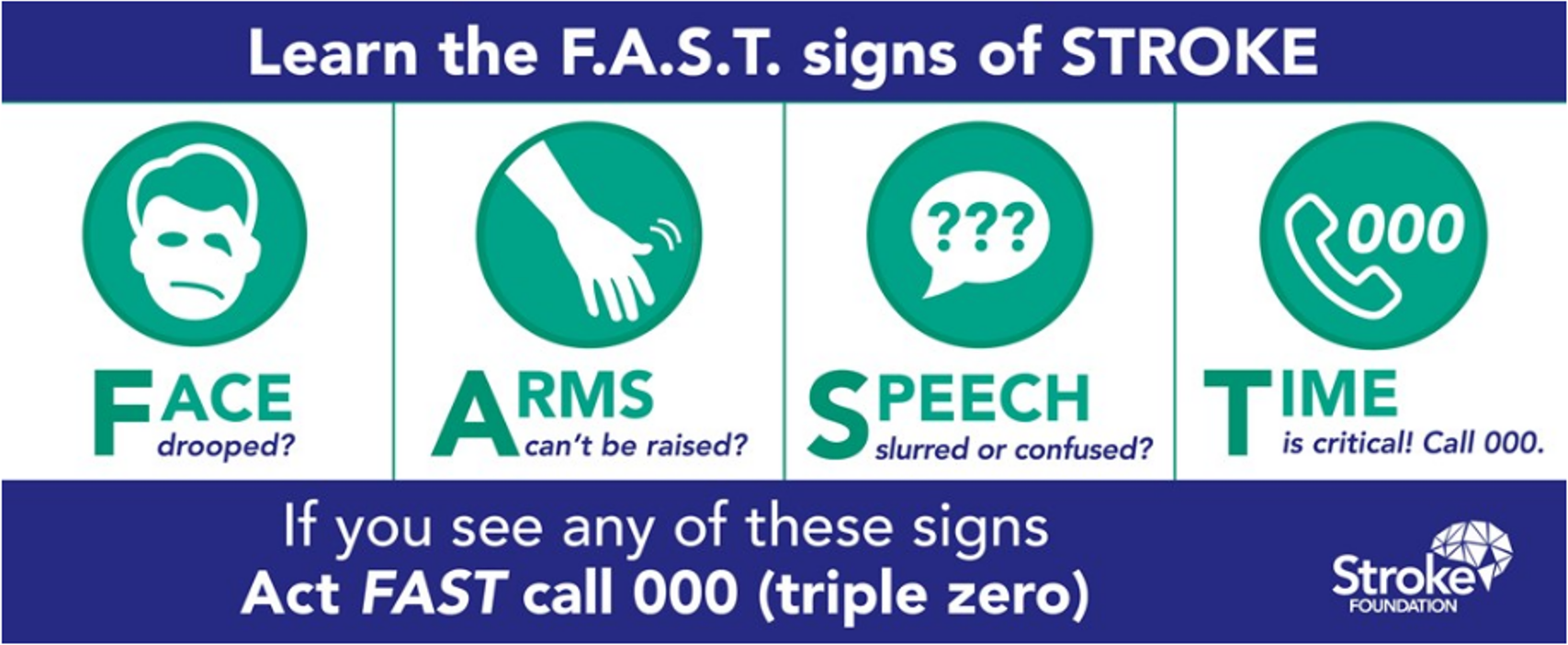| TOPIC | Abbey Pain Scale | ||
| Domain | Governance | TYPE | Procedure |
Abbey pain scale
The Abbey pain scale is for measurement of pain in people who may not be able to communicate.
How to use the scale
While observing a client, score the answers to each question using a rating of 0 to 3.
Q1. Vocalisation
e.g.: whimpering, groaning, crying.
Absent 0 Mild 1 Moderate 2 Severe 3
Q2. Facial expression
e.g.: looking tense, frowning, grimacing, looking frightened.
Absent 0 Mild 1 Moderate 2 Severe 3
Q3. Change in body language
e.g.: fidgeting, rocking, guarding part of body, withdrawn.
Absent 0 Mild 1 Moderate 2 Severe 3
Q4. Behavioural change
e.g.: increased confusion, refusing to eat, alteration in usual patterns.
Absent 0 Mild 1 Moderate 2 Severe 3
Q5. Physiological change
e.g.: temperature, pulse or blood pressure outside normal limits.
Absent 0 Mild 1 Moderate 2 Severe 3
Q6. Physical changes
e.g.: skin tears, pressure areas, arthritis, contractures, previous injuries.
Absent 0 Mild 1 Moderate 2 Severe 3
Scoring
Add the scores for the six questions and record here:
![]()
Total pain score
Now tick the box that matches the total pain score:

Finally, tick the box that matches the type of pain:

https://www1.health.gov.au/internet/publications/publishing.nsf/Content/triageqrg~triageqrg-pain~triageqrg-abbey
What to do in response to pain?
Ask the client what they wish to do in response to their pain.
Check the client’s Support Plan for any specific instructions regarding pain management.
Speak with the client about seeing their GP if the pain is not being managed by their usual actions or Support Plan instructions.
If the client has severe chest pain, loss of consciousness or appears confused/drowsy dial 000.
If the pain is new or unusual, and is severe for the client contact the Clinical and Risk Specialist on 08 6205 3398.
Signs of Heart Attack
• The most common sign of a heart attack is chest discomfort or pain, which can spread to your arms, neck, jaw or back.
• Chest discomfort or pain can last for several minutes or come and go.
• A heart attack requires emergency treatment to restore blood flow to your heart.
• Always call Triple Zero (000) immediately if you think you or someone else may be having a heart attack.
https://www.heartfoundation.org.au/conditions/heart-attack
Signs of Stroke

https://strokefoundation.org.au/about-stroke/learn/signs-of-stroke
Document History
Reviewed by: Clinical and Risk Specialist
Authorised by: CEO
Date Adopted:
Next Review Due:
Version Control
| Version | Date | Change |
| 1 | 10/4/22 | New |